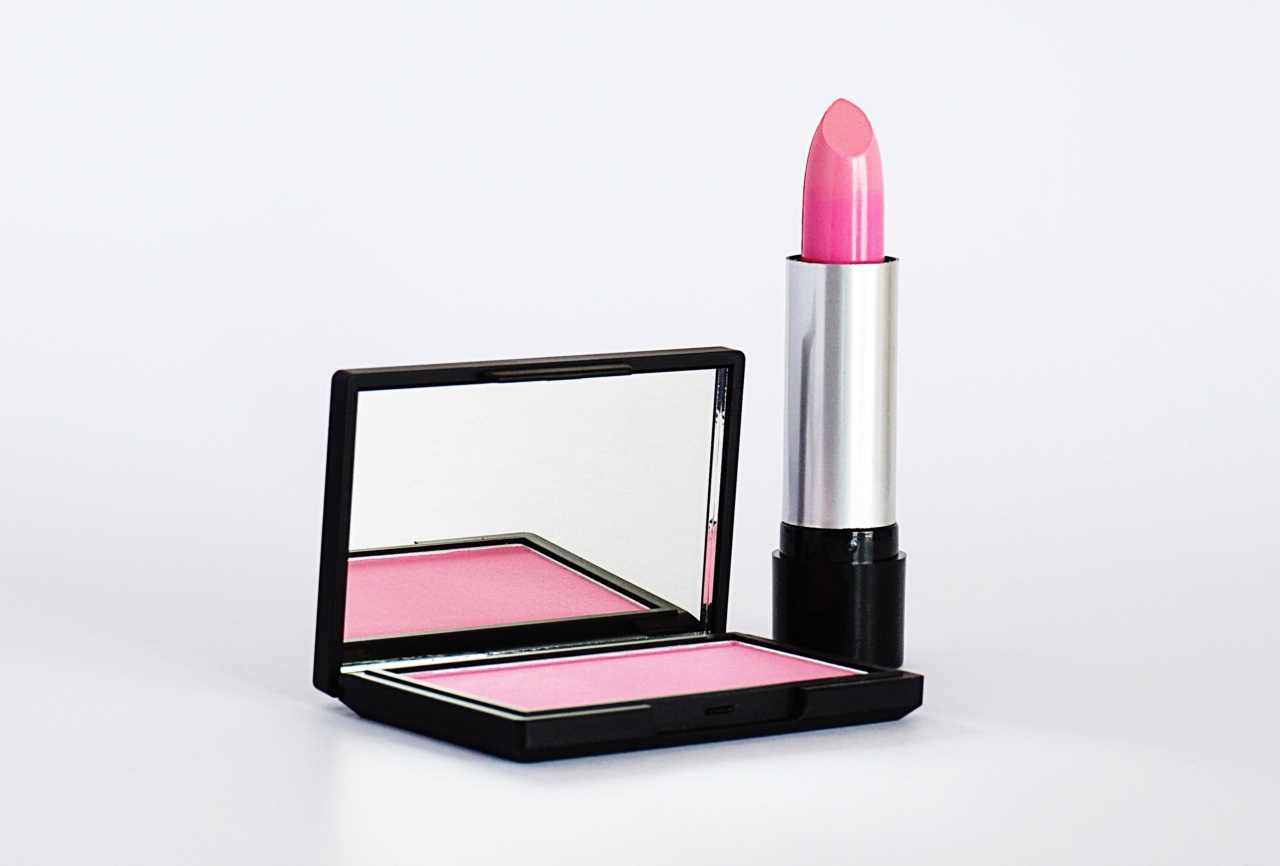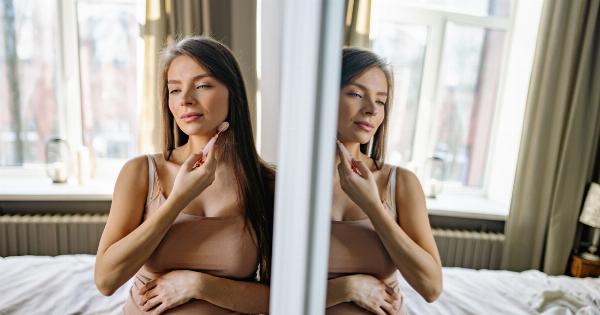During pregnancy, women experience a multitude of changes in their bodies. From hormonal shifts to physical transformations, the journey of pregnancy is both exciting and challenging.
Along with these changes, there may be concerns about using beauty products and their potential impact on the growing baby. In this article, we will explore what expecting mothers should know about pregnancy and beauty products.
Understanding Pregnancy-Safe Beauty Products
When it comes to beauty products, not all are created equal. Some products may contain ingredients that are not recommended for pregnant women due to potential risks.
It’s essential to understand which beauty products are safe to use during pregnancy to prioritize the health and well-being of both the mother and the baby.
The Importance of Reading Labels
Reading labels becomes even more crucial when you are pregnant. It’s necessary to be aware of the ingredients present in the beauty products you are considering using.
Certain chemicals and compounds have the potential to seep through the skin and into the bloodstream, which can affect the developing fetus.
Look for products that clearly state their pregnancy-safe status and are free from harmful ingredients such as:.
- Retinoids: Commonly found in anti-aging products, these compounds may increase the risk of birth defects.
- Hydroquinone: Often used in skin lightening products, this chemical has been associated with potential risks during pregnancy.
- Salicylic Acid: High concentrations of salicylic acid can potentially lead to complications during pregnancy. It is recommended not to use products with more than 2% concentration.
- Phthalates: Used in various fragrances and nail polishes, phthalates have been linked to developmental issues in babies.
- Formaldehyde: Found in nail polishes and hair straightening products, formaldehyde is a known carcinogen and should be avoided during pregnancy.
Natural and Organic Alternatives
Opting for natural and organic beauty products can be an excellent choice during pregnancy. These products often use ingredients derived from plants, making them less likely to contain harmful chemicals.
However, it’s important to note that not all-natural or organic products are automatically safe during pregnancy.
Even with natural or organic products, it is best to check the labels for any potentially harmful ingredients. It is also advisable to consult with a healthcare professional regarding the specific products you wish to use.
Paying Attention to Fragrances
Fragrances, although popular in many beauty products, can be a cause of concern during pregnancy. Synthetic fragrances can contain hidden allergens and potentially harmful chemicals.
It is advisable to choose fragrance-free products or those that use natural scents.
Some natural scents, like essential oils, can also be problematic during pregnancy. Certain essential oils, such as rosemary and peppermint, have been connected to uterine contractions.
It is best to familiarize yourself with essential oils that are safe to use during pregnancy and those to avoid.
Skincare and Anti-Aging Products
Pregnancy can bring about various skin changes, including acne, hyperpigmentation, and stretch marks. While it may be tempting to reach for skincare and anti-aging products, it is important to choose them carefully during pregnancy.
Many skincare products, such as cleansers and moisturizers, are generally safe to use during pregnancy. However, it is best to avoid products containing retinoids, as mentioned earlier.
Instead, opt for products with natural ingredients like vitamin C, hyaluronic acid, and antioxidants.
When it comes to anti-aging products, it is recommended to consult with a dermatologist or obstetrician before use. They can guide you about safe alternatives and help you develop a suitable skincare routine for pregnancy.
Hair Care and Coloring
Pregnant women may have concerns about using hair care products, including shampoos, conditioners, and hair dyes. While most hair care products are considered safe during pregnancy, certain precautions should be taken.
It is advisable to choose hair care products that are free from sulfates and parabens. Sulfates can strip the hair of its natural oils, causing dryness, while parabens have been linked to hormonal disruptions.
When it comes to hair coloring, many healthcare professionals suggest waiting until the second trimester to minimize any risks. Additionally, it is safer to opt for highlights or lowlights instead of full hair dye application.
Ammonia-free and organic hair dyes are also considered safer alternatives.
The Role of Nail Care
During pregnancy, nail care should also be approached with caution. Some nail polishes and nail polish removers contain harmful chemicals, such as formaldehyde and acetone.
Choosing pregnancy-safe nail polishes that are free from toxic compounds can mitigate any potential risks. Water-based or natural nail polishes are considered safer alternatives.
Similarly, acetone-free nail polish removers are less harsh on the nails and cuticles.
Consulting with Professionals
No matter which beauty products you choose, consulting with professionals is highly recommended during pregnancy.
Your healthcare provider, dermatologist, or obstetrician can provide personalized guidance based on your specific needs and medical history.
They can help you identify any ingredients that should be avoided and make suggestions for alternative products. If you have any doubts or concerns, do not hesitate to seek their advice to ensure the safety of both you and your baby.
Conclusion
Pregnancy is a beautiful phase in a woman’s life, and taking care of one’s physical and emotional well-being is crucial.
By understanding what to consider when it comes to beauty products during pregnancy, you can make informed choices that prioritize the health and safety of both you and your baby.






























